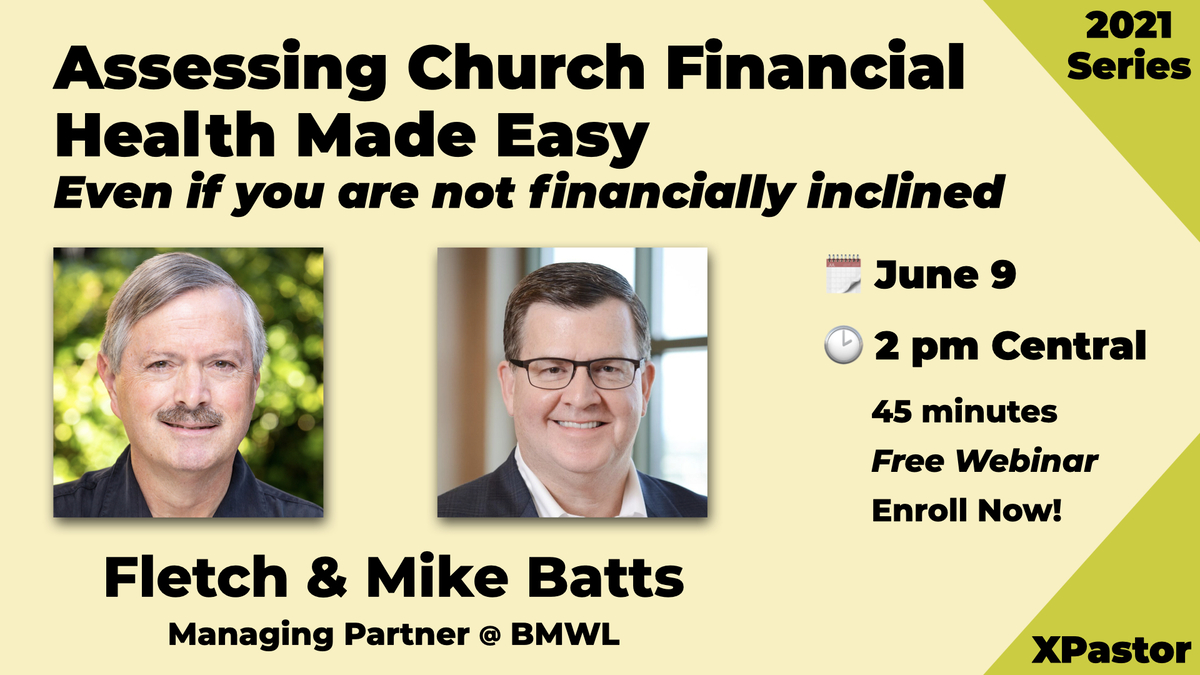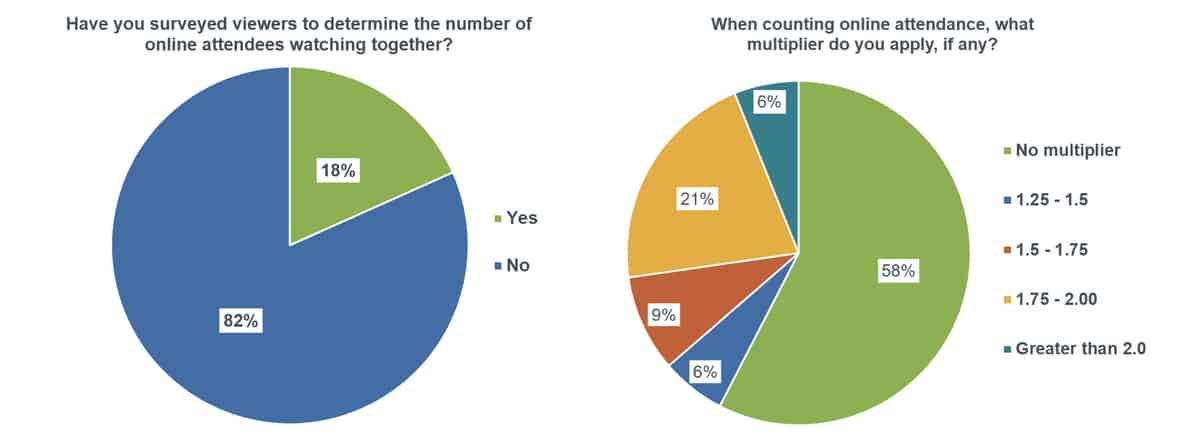Thursday, September 13, 2018
Hey Fletch … Can you educate me about “preferred ministry” rather than “designated” funds which are restricted. We are a church of 165 and struggling to make budget. As a member of the finance team, I can see that people are giving to certain ministries or projects at an average of about $500 per week. However, for most weeks our general fund is below budget by more than $500. Should we stop designated giving? Should we ask for continued giving on that level and say it would be used for “preferred” ministries? How can that be explained to the congregation?
DRF—Whether a church has a couple of hundred people or a few thousand, the issue that you presented is the same. Some in the congregation prefer to give to designated funds over the general fund. A designated fund is a donor restricted fund. By law you can only use the funds for the designation that the donor has placed on the funds. You cannot use designated funds for expenses in other areas. If someone gives money to “Missions,” and your church accepts the check, then you can only use the money for missions. There are essentially no exceptions to this rule.
A problem with designated funds is that they allow people to give to preferred areas without “paying the freight” of the electricity bill, the staff costs or other expenses of running a church. Many churches do this with a designated missions fund or benevolence fund, but people often understand that these are over and above their regular giving to support the church.
A simple question highlights the issue, “What if everyone gave to a designated fund?” This leads to a follow-up question, “Will anyone pay for the staff to administer those areas, process checks or keep the lights on?”
A way to resolve the issue is to do stop receiving designated funds. Many churches have a “one-fund” approach to ministry. Give to the general fund and the church budget will allocate all expenses.











